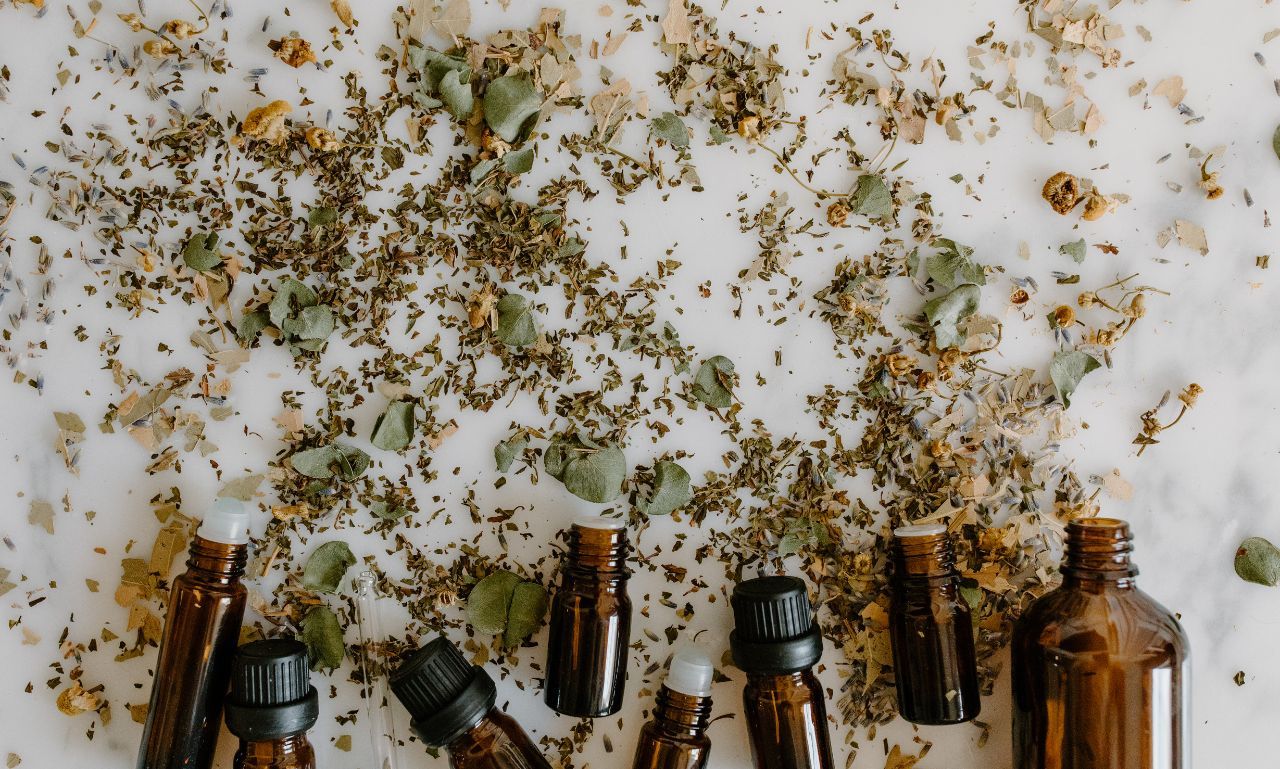Imagine waking up each day without the unsettling sensation of dizziness that disrupts your balance and peace of mind. Dizziness, a common yet distressing symptom, can significantly impact your daily life, making even simple tasks feel overwhelming. You’re not alone in this struggle, and there are natural, holistic approaches to finding relief. Among these, essential oils have emerged as a powerful ally in combating dizziness. This comprehensive guide delves into the world of essential oils, exploring how they can alleviate dizziness and enhance your overall well-being.
Understanding Dizziness
Before diving into the solutions, it's crucial to understand what dizziness truly is. Dizziness is not a disease itself but a symptom of various underlying conditions. It manifests as a feeling of lightheadedness, unsteadiness, or spinning (vertigo). Grasping the nuances of dizziness can help you address its root causes more effectively.
The Science Behind Dizziness
Dizziness occurs when there's a disruption in the brain's ability to process sensory signals from the inner ear, eyes, and muscles. This sensory information is vital for maintaining balance and spatial orientation. When these signals are misaligned or impaired, the brain receives conflicting messages, leading to the sensation of dizziness.
Causes of Dizziness

Dizziness can stem from a myriad of factors, ranging from benign to more serious health issues. Understanding these causes is essential for targeted treatment.
Inner Ear Disorders
Conditions like benign paroxysmal positional vertigo (BPPV), Ménière’s disease, and labyrinthitis affect the inner ear's balance mechanisms, leading to frequent bouts of dizziness.
Dehydration and Nutritional Deficiencies
Lack of adequate hydration and essential nutrients can disrupt bodily functions, including those that maintain balance and stability.
Medications and Medical Conditions
Certain medications have dizziness as a side effect. Additionally, medical conditions such as migraines, anxiety disorders, and cardiovascular issues can contribute to persistent dizziness.
Lifestyle Factors
Stress, lack of sleep, and excessive alcohol or caffeine consumption can exacerbate feelings of dizziness, making everyday life more challenging.
Common Symptoms of Dizziness
Dizziness manifests in various forms, each with distinct characteristics:
- Vertigo: A spinning sensation, as if your surroundings are moving.
- Lightheadedness: Feeling faint or as if you might pass out.
- Unsteadiness: Difficulty maintaining balance, often leading to a sense of swaying or tilting.
- Confusion: Struggling to think clearly or focus.
Recognizing these symptoms can help you identify the type of dizziness you're experiencing and seek appropriate relief.
Benefits of Essential Oils for Dizziness
Essential oils offer a natural, therapeutic approach to alleviating dizziness. Their benefits include:
- Non-Invasive Relief: Unlike medications, essential oils provide a gentle remedy without the risk of dependency.
- Holistic Wellness: They address both physical and emotional aspects of dizziness, promoting overall well-being.
- Versatile Application: Essential oils can be used in various ways, such as inhalation, topical application, or in blends tailored to your needs.
How Essential Oils Work
Essential oils harness the power of nature’s botanicals to influence the body’s systems through the olfactory system and skin absorption.
Aromatherapy and the Brain
When inhaled, essential oils stimulate the olfactory receptors, sending signals directly to the brain's limbic system, which controls emotions and balance. This stimulation can result in calming effects, reduced anxiety, and improved equilibrium.
Skin Absorption and Circulation
Topically applied essential oils penetrate the skin, entering the bloodstream to target specific areas. This method can enhance circulation, reduce inflammation, and provide localized relief from dizziness-related discomfort.
Connection Between Aromatherapy and Dizziness Relief
Aromatherapy, the practice of using essential oils for therapeutic purposes, plays a pivotal role in dizziness relief. By selecting oils with properties that address the root causes of dizziness—such as anxiety reduction, improved circulation, and anti-inflammatory effects—you can create a comprehensive strategy to manage and alleviate your symptoms.
Key Essential Oils for Dizziness
Several essential oils have shown promising results in alleviating dizziness. Let’s explore the most effective ones:
Ginger Oil
Benefits
Ginger oil is renowned for its anti-nausea and anti-inflammatory properties, making it a staple in combating vertigo and dizziness. It helps reduce inflammation in the inner ear, promoting better balance and reducing the spinning sensation associated with vertigo.
How to Use
Inhale ginger oil directly from the bottle or add a few drops to a diffuser for continuous aromatic support.
Peppermint Oil
Benefits
Peppermint oil stimulates circulation and provides a cooling sensation that can alleviate the discomfort of dizziness. Its invigorating aroma also enhances alertness, helping you regain focus and balance.
How to Use
Apply diluted peppermint oil to your temples and the back of your neck or inhale its aroma through steam inhalation.
Lavender Oil
Benefits
Lavender oil is celebrated for its calming and relaxing properties. It helps reduce anxiety and stress, which are common triggers of dizziness, thereby providing a soothing effect on both the mind and body.
How to Use
Add a few drops of lavender oil to a warm bath or use it in a diffuser to create a calming environment.
Lemon Oil
Benefits
Lemon oil promotes detoxification and enhances circulation, supporting the body in maintaining balance. Its fresh, uplifting scent also helps clear the mind, reducing feelings of confusion and lightheadedness.
How to Use
Diffuse lemon oil in your living space or mix it with a carrier oil for topical application on pulse points.
Methods of Using Essential Oils
/

To maximize the benefits of essential oils for dizziness, it’s important to understand the various methods of application.
Topical Application
Applying essential oils directly to the skin allows for targeted relief. Dilute the oils with a carrier oil (like jojoba or coconut oil) before applying to prevent skin irritation. Focus on areas like temples, wrists, and the back of the neck.
Inhalation Techniques
Inhaling essential oils is one of the quickest ways to experience their effects. You can inhale directly from the bottle, use a diffuser, or add a few drops to a tissue or handkerchief.
Creating Roller Blends
Roller blends combine essential oils with a carrier oil in a portable roller bottle, making it easy to apply the blend whenever dizziness strikes. These blends are convenient for on-the-go relief.
Conclusion
Navigating the challenges of dizziness can feel overwhelming, but incorporating essential oils into your wellness routine offers a natural, effective avenue for relief. By understanding the underlying causes of dizziness and leveraging the power of essential oils like ginger, peppermint, lavender, and lemon, you can regain your balance and enhance your quality of life. Remember to use these oils safely and consult with healthcare professionals when necessary to ensure a harmonious journey towards dizziness-free living.




